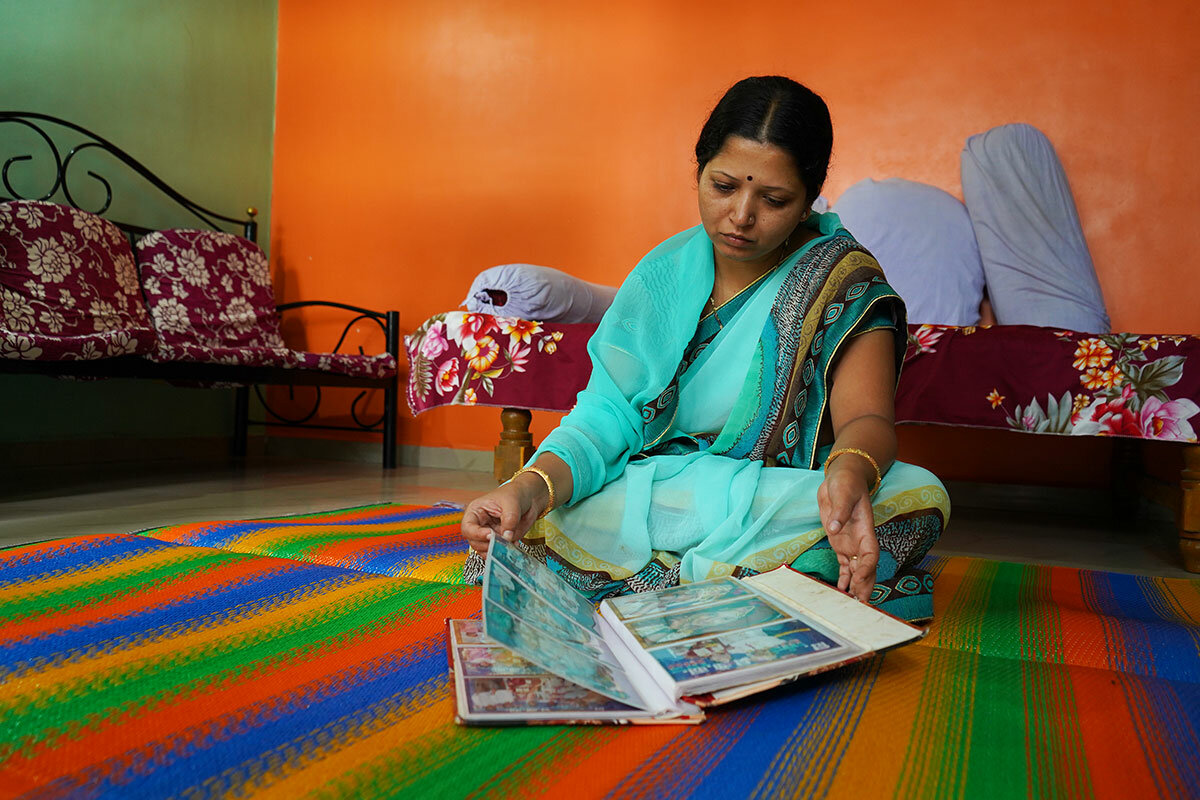Historically, the clear pattern is for a president’s party to lose ground in midterm elections. This year, wild-card forces go beyond politics as usual, including voters’ rising engagement on abortion.
Monitor Daily Podcast
- Follow us:
- Apple Podcasts
- Spotify
- RSS Feed
- Download
 Amelia Newcomb
Amelia Newcomb
Elizabeth Freeman has more to say.
Freeman was born enslaved in New York in 1742 and sold to a wealthy family in Sheffield, Massachusetts. In 1781, she became the first African American woman to sue successfully for her freedom. Her case – that her enslavement violated the state constitution – is considered pivotal to the Massachusetts Supreme Judicial Court’s decision two years later to abolish slavery.
Freeman’s pioneering advocacy is not well known outside western Massachusetts and historians’ circles. But on Aug. 21, the town of Sheffield, Massachusetts, unveiled a statue honoring her and shining fresh light on how we tell history honestly and fully.
At the ceremony, former Massachusetts Gov. Deval Patrick, who is African American, thanked supporters for “lifting up [the] Berkshires’ Black side.”
“Black people have always been here,” he said. “What a shame that so few of us truly appreciate that … that so little of our history is taught.”
Such “silences” have long challenged historians, says Kendra Field. She is associate professor of history and director of the Center for the Study of Race and Democracy at Tufts University, and project historian for the Du Bois Freedom Center in the Berkshires. “For people of African descent, it’s sometimes difficult to access their experiences in their own voices. We have Freeman’s will. ... We know what some of her intentions were,” Dr. Field says. But, she adds, for a long time, much of the narrative came only from her employer’s family.
Filling in the resulting blanks is essential, says Kerri Greenidge, assistant professor in the department of race, colonialism, and diaspora at Tufts University.
That work may threaten long-standing perspectives – Massachusetts’ view of itself as a place where slavery didn’t really exist, for example. It may upend assumptions that, as Dr. Greenidge says, “somehow slavery ended because white people decided slavery should end. In order for people to acknowledge Freeman’s story, they would have to acknowledge that that assumption is not true.”
History is nuanced and complex, Dr. Greenidge says, “more so than we like it to be.” These stories “offer us an opportunity to get the story of what happened right. We can’t know precisely ... but we can get a better look. It’s a broader story about a specific moment, but it’s an American story.”









